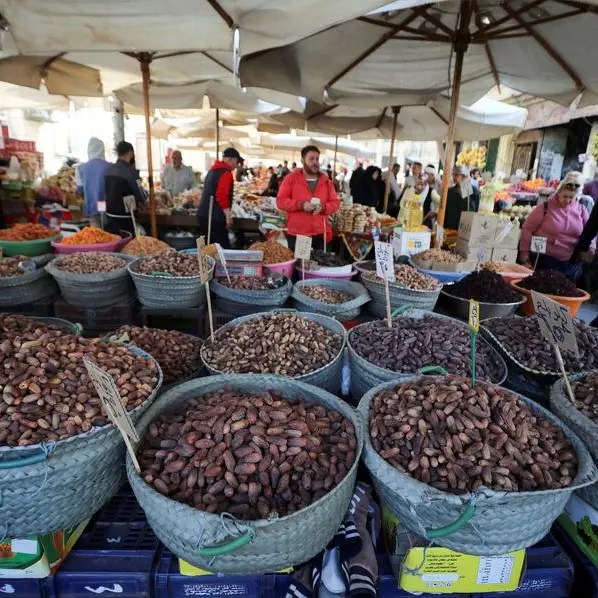PHOTO
RIYADH – The Ministry of Commerce directed car dealers to give individual consumers priority in providing the most demanded cars, as well as reduce the percentage of cars allotted to distributors and showrooms. This is one of the 10 urgent measures announced by the ministry on Wednesday to tackle delay in delivering cars to consumers.
Nearly one month ago, the ministry had said that it is investigating into complaints about car agencies giving preference to selling new cars to car showrooms and dealers, and delaying delivery of cars to consumers on the basis of their requests and bookings and that on the pretext of non-arrival of vehicles. The ministry stated then that it is verifying the number of cars sold by agents to showroom dealers and comparing them with the number of cars sold to consumers directly. It also investigated the practices of car agencies, reviewing their sales and inventory, monitoring the numbers of new cars in car showrooms and knowing their sources.
Accordingly, the ministry came up with the urgent measures to address the concerns of consumers and give top priority to serving their interests. As per the measures, the ministry communicates with manufacturers to increase the share allocated to Saudi Arabia of the most demanded cars in the local market. It would also supervise distributors and showrooms to ensure that there are no practices harmful to the consumers with regard to selling cars, raising their prices, and imposing penalties on the violators.
The fourth measure is the governance of reservation lists at car agencies, and enhancing transparency by giving consumers reservation numbers linked to the identification number and accurately determining priority in car reservation lists. Each car agent has to submit the ministry with a weekly report on the prices of cars that are in high demand, as well as their quantities, the date of arrival, and the number of car reservation requests.
It is also required for car dealers to publish prices, policies, instructions and procedures for mechanisms such as purchasing, car reservation, publishing reservation lists, as well as car delivery, periodic maintenance, communication channels designated for receiving inquiries and complaints on their websites. It is also mandatory for agents to state their obligations as well as that of consumers, starting from the phase of reservation and purchase until the completion of the sale process and delivery of the car.
The sixth measure taken by the ministry is to enable the consumer to reserve one car of the same type during the current year for the most popular cars until the end of the reservation lists. It also directed car rental companies to halt selling new cars, taking advantage of the high prices, and ensuring that only customers purchase cars for the purpose of renting them. The ministry instructed to expedite the implementation of the electronic link between the ministry, the Zakat, Tax and Customs Authority, the General Traffic Department, and car agencies and showrooms, to track the movement of car sales and monitor any violating transactions or practices.
The measures also included forming a working group with the membership of specialized representatives from the Ministry of Interior represented by the General Traffic Department, the Ministry of Commerce, and the Zakat, Tax and Customs Authority to follow up the violating transactions and practices and take the necessary measures in this regard.
The tenth measure taken by the ministry is to intensify inspection and continue follow-up on car dealers, distributors and showrooms in coordination with the competent authorities, and imposing penalties on establishments that do not adhere to the regulations and instructions that are in force in the Kingdom, in a manner that ensures that any practices harmful to consumer rights must be addressed.
The ministry stressed the importance of the role of the consumer and his awareness of rights and duties, and the importance of his contributions in monitoring any commercial practices or violations, and informing the ministry through the unified call center number 1900 or through the application of a commercial notification on smart devices. The ministry also confirms, in coordination with the General Authority for Competition, that the laws and regulations prohibit any practices that prejudice competition, including any practices, agreements or contracts, whether written or oral, explicit or implicit, to reduce or increase the available quantities of products with the aim of controlling prices or creating an abundance or an unreal deficit.
It also prevents setting or proposing prices for goods and limiting the free flow of goods and services to markets with the intention of disrupting competition. The penalties in the Competition Law would reach up to 10 percent of annual sales, or SR10 million, or three times of the profits achieved as a result of the violation.
© Copyright 2022 The Saudi Gazette. All Rights Reserved. Provided by SyndiGate Media Inc. (Syndigate.info).





















